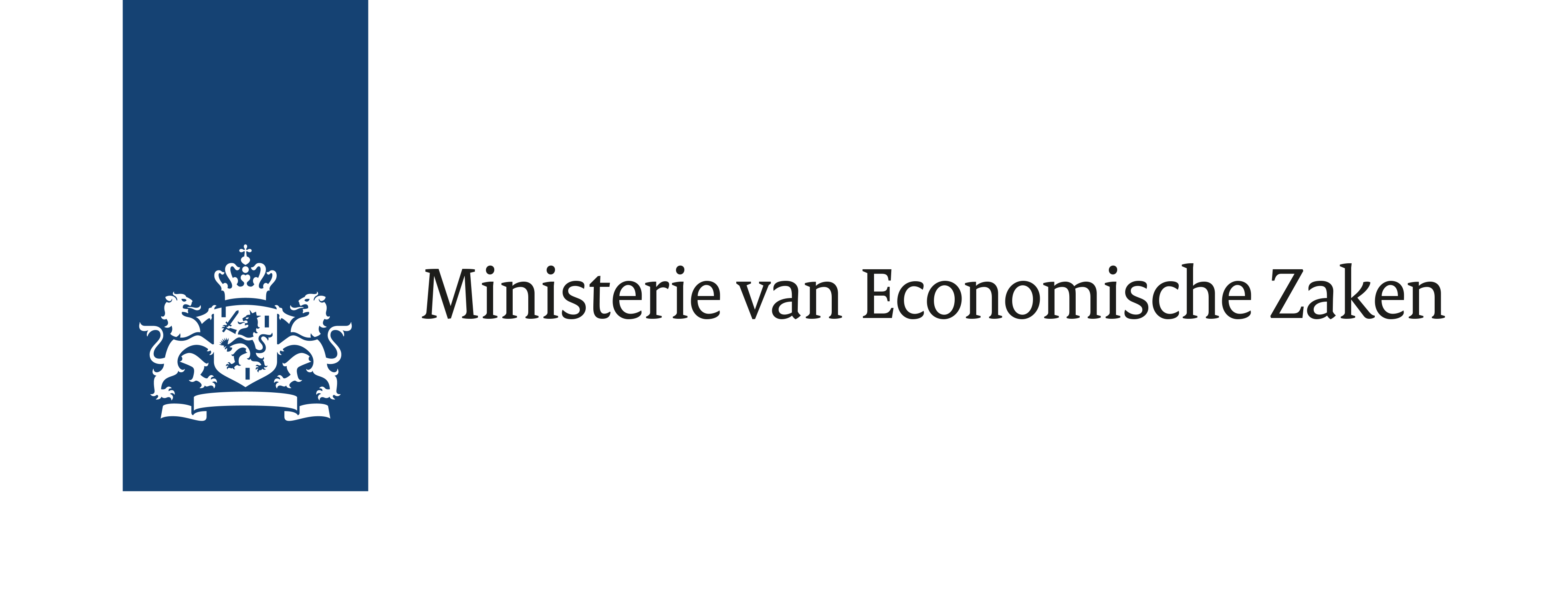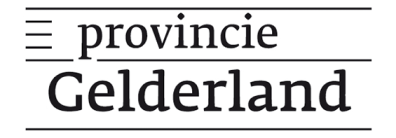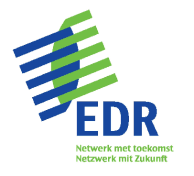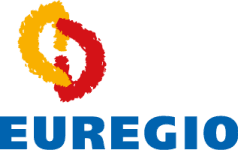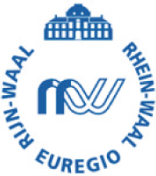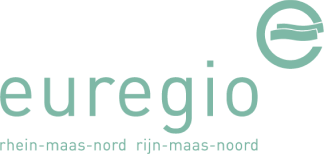According
to the Food and Agriculture Organization of the UN (FAO), 200 billion
Euros of food products have to be thrown away annually. The economic
impact of this trend is particularly apparent within the Dutch-German
border region due its well-developed agrofood industry. In a society
that continues to increase its focus on circularity,
resource-efficiency, and carbon-free food production, limiting excessive
food waste as a result of spoilage is a focus point for governments
throughout the European Union.
One of the major challenges in preventing food waste is the accurate
detection of spores shed by bacteria and fungi. These spores are
extremely resistant to pasteurization and can survive this process,
enabling them to recontaminate the product at a later stage. Governments
as well as internal stakeholders in the food industry currently try to
detect microbial contaminants by regularly taking food samples and
sending them to an external lab for analysis. This is a slow and
expensive process that typically requires a few days to identify a
contamination. In the mean time, the product is already in retail or
with the consumers, leading to recalls and associated economic damage. A
technology that would allow food producers to perform additional
routine testing on-site to detect and deal with microbiological
contamination on-site, could have an enormous impact on the industry.
The Sensor Engineering Department of UM has recently developed a
technology that can offer a solution and detect contamination in liquid
food products in a fast and cheap manner. The technology has been
validated on a lab scale and will be further implemented into the
regional food industry in Senspores, a project led by he Microbiology
Department of the Hochschule Niederrhein in association with local
technology SMEs and regional end-users.

